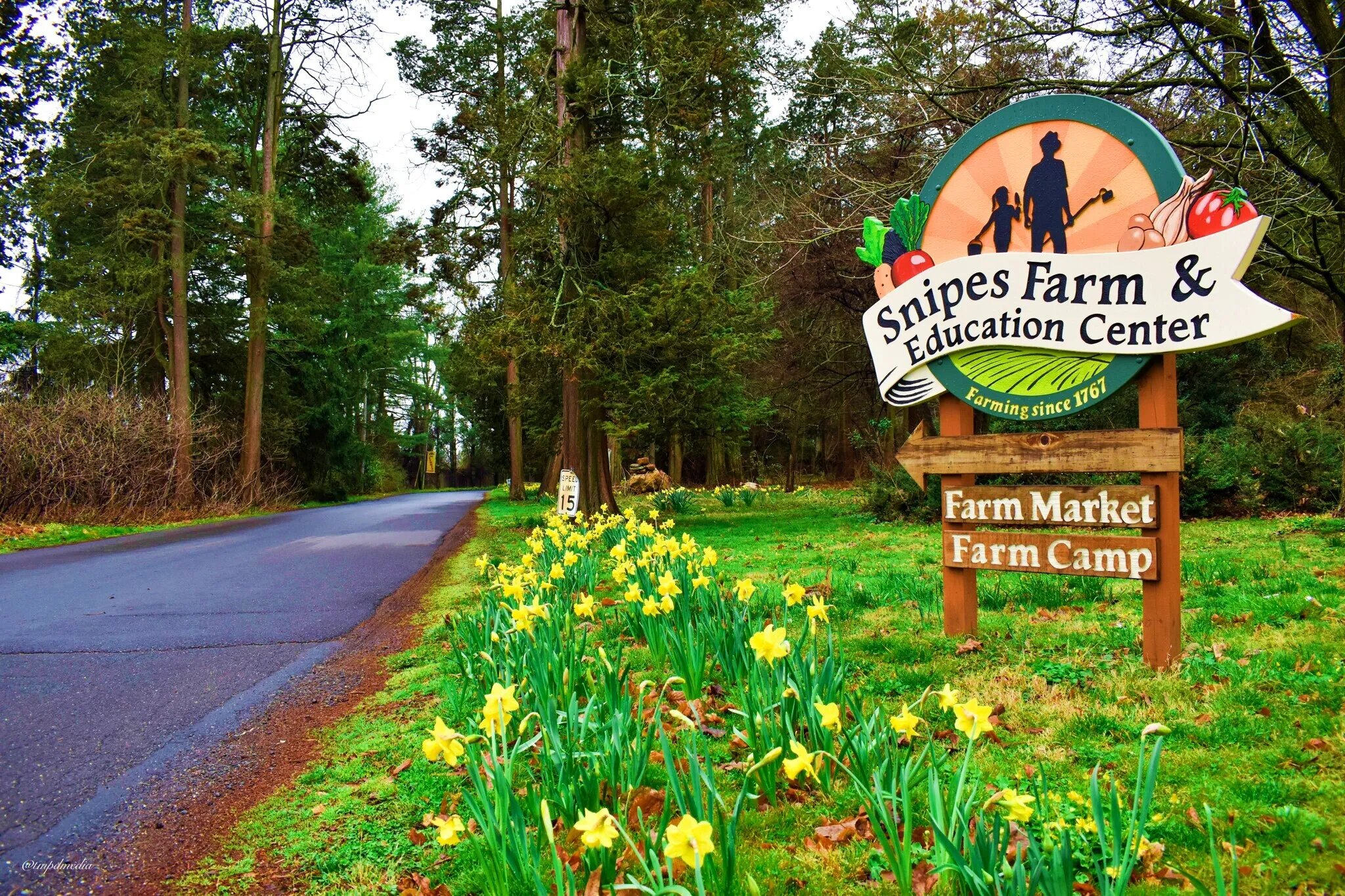Tiny forests are sprouting in urban areas to reduce sound pollution and stormwater absorption, and Snipes Farm will be hosting its own parking lot-sized tiny forest with the help of volunteers.
The Bucks County farm located in Morrisville will host approximately 120 volunteers over two days in November to plant 2,000 trees in a 10,000-square-foot area designated in Snipes’ parking lot. The planted trees will grow into a biodiverse forest of 40 different species of trees native to Pennsylvania.
Paula and Jim Walter, both master watershed stewards, are trained volunteers experienced in dealing with stormwater issues and riparian buffer restoration. The couple, trained by Penn State Extension, have experience repairing streams and rivers and rectifying storm water issues. This will be their second tiny forest.
Paula emphasizes that a tiny forest has a number of benefits in addition to beautification and reduced sound pollution. She says the forests can cool the area, improve the soil, provide flood mitigation, and create carbon sequestration.
The tiny forests were created in Japan and called Miyawaki forests after being developed by Akira Miyawaki, a forest ecologist, in the 1970s. The method includes variating plant species to mimic a natural forest and mixing the soil with organic materials.
“There are literally thousands of these forests that have been built around the world, most of them in Japan and India, and it’s now just kind of moving into Europe and the United States,” Jim said.
The Walters made sure to include a variety of species of shrubs, subcanopy trees, and canopy trees. They also tested the soil for necessary nutrients and said they’ll add in necessary fungus.
“We’re adjusting the pH of the soil to make it optimal for growing trees, and we’re adding some phosphorus to the soil, which the trees need to grow,” Jim said.
While tiny forests are beneficial to the environment, Paula emphasizes that they can also have an impact on the community. While Snipes Farm has a educational programs already, adding a tiny forest can benefit the community emotionally and be another source of education.
“That education opportunity is in the form of having a tiny forest, understanding the natural and physical impacts of a tiny forest,” said Paula. “It’s also there to educate people about how to plant trees, what you can do in your neighborhood and so forth.”

Volunteers will get first-hand experience with planting trees at Snipes farm Nov. 1-2. Volunteers will work in shifts both days and must be 12 years old and up.
After depositing about 10 inches of soil in the designated tiny forest area, 1,800 trees will make their way to Snipes farm. The Walters said they requested and received a grant from Giant Foods, Interfaith Power & Light, and the Ten Million Trees Partnership, each sending 600 trees.
A Gofundme was set up to cover the cost of a water system that will help keep the tiny forest watered for three years until it is self-sustaining. They hope to raise $2,000 and state any additional funds will be directed to environmental education initiatives.
Growth in tiny forests tends to be a little faster due to the trees competing with each other and their intertwined systems support each other, the Walters said. Tiny forests have popped up in cities across the U.S., but the couple hope to see more grow in urban areas.
“It’s just a slow evolution of getting the word out there and understanding how best to do it right,” Jim said.







